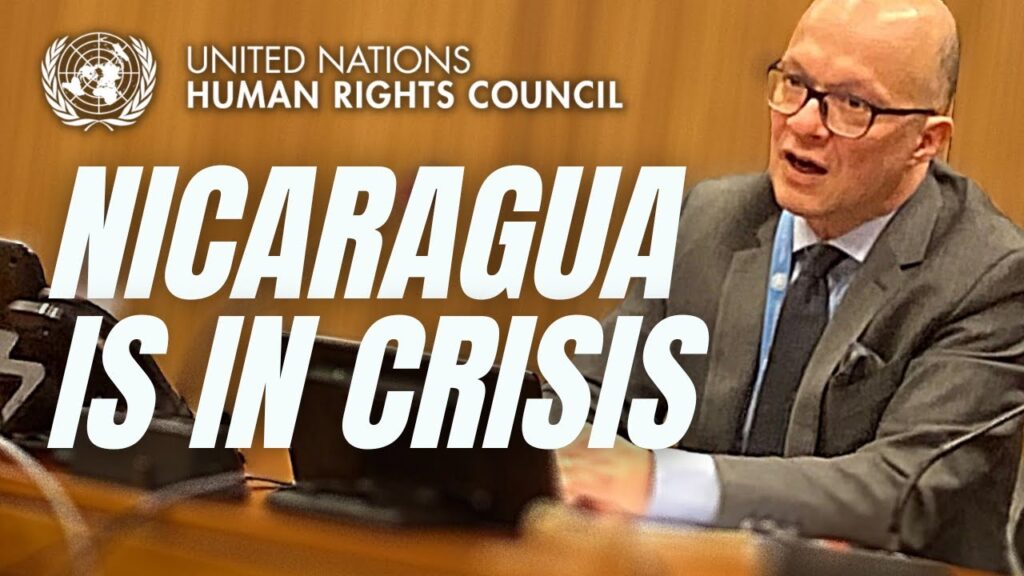
By Raul K. Bautista
HAVANA TIMES – In recent interviews, General Humberto Ortega (Ret) and former Nicaraguan foreign minister Francisco Aguirre Sacasa – now a banished ex-political prisoner – both insinuated that the United States might carry out a military action to remove Daniel Ortega from power. Together with other opposition analysts and leaders, these prominent figures have proposed possible solutions to Nicaragua’s sociopolitical crisis – solutions that would put an end to the repression, the consolidation of totalitarianism and dynastic succession. In this article, I will try to unpack these proposals, determine their true reach, and assess their viability.
Let’s start with the premise that the prestigious “Intelligence Unit” of The Economist magazine has been reiterating since 2022, after exhaustive political, economic and social analyses: Daniel Ortega will be in power until the 2026 elections or until his death. Despite this, outstanding political analysts and some opposition leaders have speculated that some form of implosion could occur, leading to a sudden fall of the dictatorship – a sudden insurrection; the collapse of the government structures; a rebellion on the part of dissatisfied factions of the Army. Although these assertions encourage us and sustain hope, the regime’s actual advances towards the consolidation of total authoritarianism (I’m going to call it totalitarianism, although it lacks the ideological component) and a police state would indicate that they’re merely wishful thinking.
The Biden Administration, like that of Trump before him, cancelled visas, sanctioned high officials and companies tied to the regime, exerted pressure through diplomatic channels, and reiterated that the Ortega regime must be held accountable for their human rights violations and crimes against humanity. But they never defined a targeted policy to force them to change their repressive policies. Quite the opposite. Since 2018, the United States has strengthened its relationship as Nicaragua’s primary trade partner. According to recent data from the US Embassy in Managua: “the US supplies one third of Nicaragua’s imports and receives nearly 60% of its total exports.”
The executive branch of the United States didn’t block the financial organisms from giving resources to the regime, nor did it apply the full weight of the NICA Act or the Renacer Law passed by Congress. Some experts and foreign policy analysts believe that the two administrations mentioned have acted very cautiously towards the Ortega-Murillo regime because they’ve perceived the opposition as too weak, fragmented, and uncoordinated to have the capability of representing an alternative to Ortega.
Under such conditions, neither the sanctions applied up until now by the United States, Canada, Great Britain, and the European Union; nor the statements and resolutions of the OAS and the UN; nor the conclusive reports on human rights violations; nor the tweets making fun of the Ortega-Murillo duo, or denouncing them as criminals are going to dislodge them from power.
We should recognize that the Nicaraguan opposition has done an excellent job of denouncing and exerting political influence in the OAS, as well as among international human rights organizations, parliaments and governments. Like little burrs th


